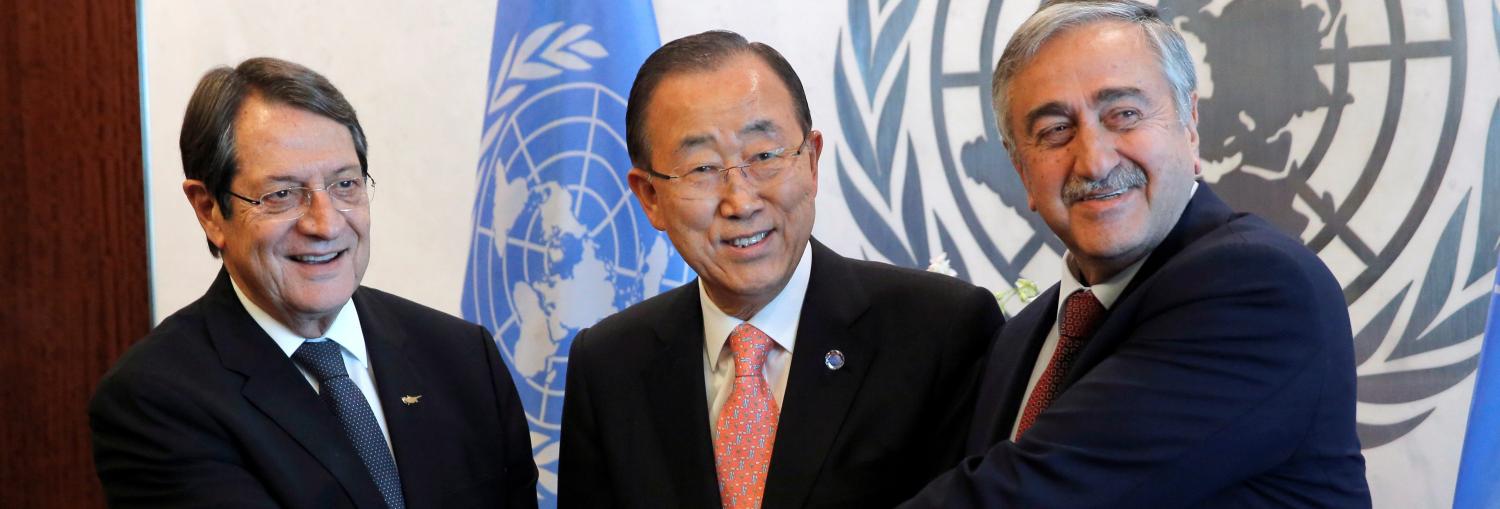The recent past of the Cyprus conflict is littered with failed negotiations and rejected reunification plans. Negotiations to overcome differences between the political desires of the majority Greek Cypriot and minority Turkish Cypriot communities have been continuing in fits and starts for half a century. Although the U.N.-sponsored comprehensive plan to unite the island under a federal umbrella (the “Annan Plan”) saw defeat in the 2004 referendum, taking the plan as far as a referendum was largely due to a new usage of regional and transnational linkage politics, meant to overcome the deadlock that had kept Cypriot leaders coming back to the negotiating table for the previous two decades.
Currently, negotiations for the achievement of a comprehensive solution to the Cyprus issue are intensively pursued by the two sides with the facilitation of the United Nations. It is everyone’s hope that the negotiations will be successful, leading to a permanent solution of the Cyprus problem and a re-unification of the island after decades of division. Regardless of the outcome, however, Greek and Turkish Cypriots will continue to live in Cyprus. Therefore, it is important that cooperation between the two communities deepens and expands. Increased interaction between the Greek and Turkish Cypriots will bridge the gap between them. If a comprehensive solution is eventually achieved, this will ease and expedite its implementation. In the unfortunate event of a non-solution, this will allow the two communities to enjoy a more peaceful and prosperous coexistence.
The Brookings Institution is committed to quality, independence, and impact.
We are supported by a diverse array of funders. In line with our values and policies, each Brookings publication represents the sole views of its author(s).






